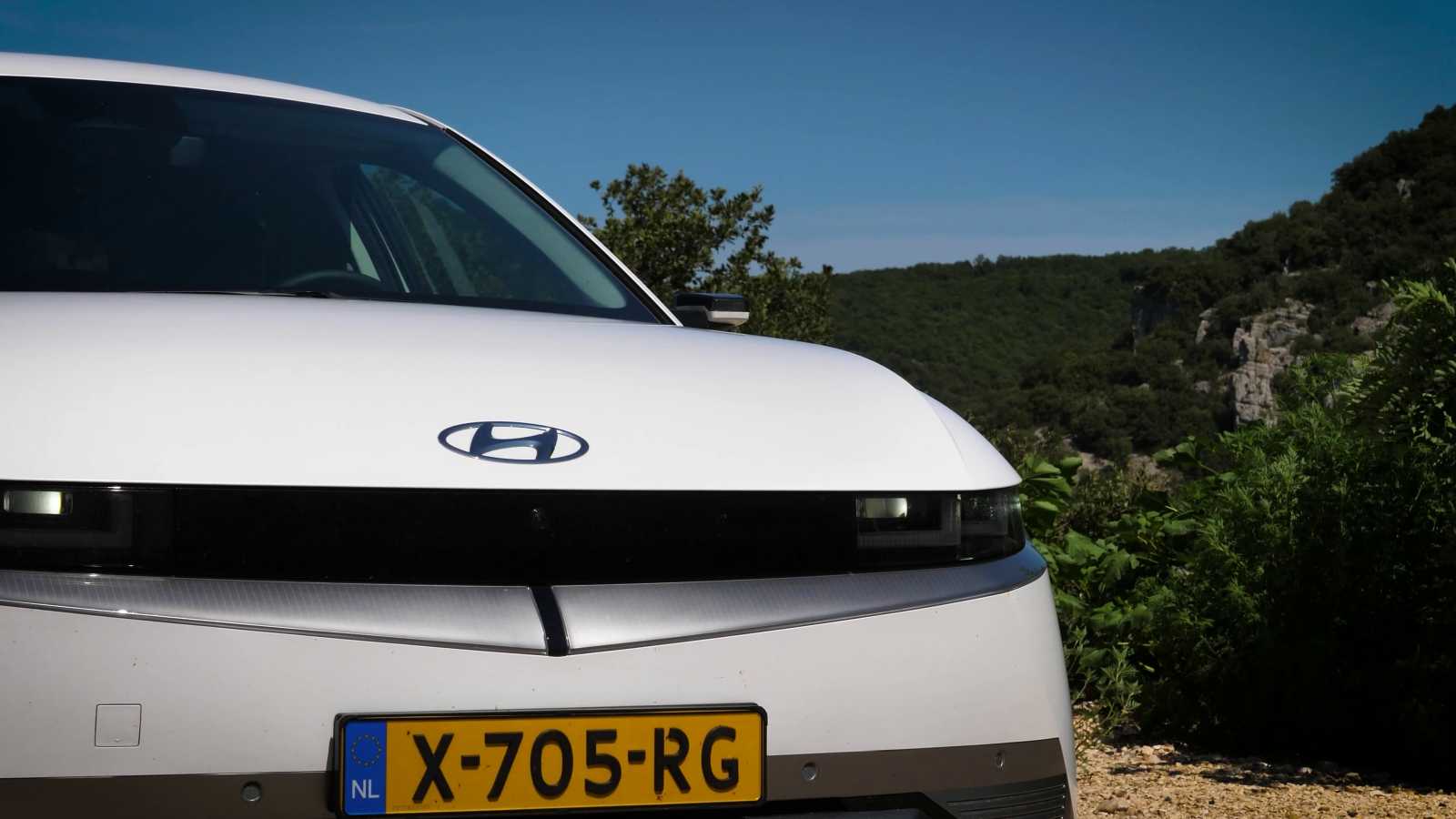Hyundai shares future plans: more than just EVs
Hybrid upgrade
Hyundai is determined to take their hybrid technology to the next level.
They are launching the updated TMED-II system in 2025, which further sharpens the performance and economy of their hybrids.
That’s not just for the compact city cars; luxury brands like Genesis are also getting in on the hybrid upgrade.
The goal?
By 2028, as many as 1.33 million Hyundai hybrids should be driving around, especially in North America.
This decision is not very remarkable, now that demand for EVs seems to be waning somewhat in the U.S. and Europe.
Extended Range EV: the golden mean
To further offset the declining demand for EVs, Hyundai is coming up with another clever in-between solution: the Extended Range EV (EREV).
Think of it as a super version of a plug-in hybrid.
These cars have a large battery pack for electric driving, but are also equipped with a gasoline engine that generates power.
This allows you to travel long distances electrically without charging stress.
Hyundai is aiming for a range of at least 900 kilometers.
Production of the first EREVs will start in North America in 2026.
Incidentally, the concept of an EV with range extender is nothing new, but it has not yet been applied on such a large scale.
EVs for everyone
Of course, Hyundai also remains firmly committed to all-electric driving.
The brand plans to launch as many as 21 different EV models by 2030, from affordable entry-level models to luxury sedans and sporty speeders.
The Ioniq lineup remains the flagship electric model, while Genesis plunges into the premium market.
There are even rumors that the Hyundai N Vision 74 might go into production.
During Investor Day, images were reportedly shown briefly…
Production boost: more factories, more cars
Hyundai has big plans to significantly increase their production capacity.
They want to sell as many as 5.55 million cars a year by 2030, 2 million of which will be fully electric.
New factories in China, Indonesia and other emerging markets should make this possible.
Innovative production techniques should allow Hyundai to build faster and more efficiently than ever.
Batteries: smaller, better, safer
In the battery field, Hyundai is in the midst of further development.
They are betting on new technologies such as solid-state and lower-cost NCM batteries to not only improve safety, but also extend life.
The goal?
Cheaper EVs that last longer without sacrificing performance.
From software to self-driving: the SDV Pace Car is coming
Hyundai is also moving into the tech side with software-driven vehicles and autonomous driving technology.
In mid-2026, the SDV Pace Car will hit the road, packed with AI, smart features and autonomous driving options.
Hyundai not only wants to build self-driving cars, but also provide a platform for other tech companies.
Hydrogen remains important
Hyundai continues to believe in hydrogen as the future of green energy and is significantly expanding their HTWO brand.
Innovations such as Waste-to-Hydrogen technology and the HTWO Grid should make hydrogen more accessible to a variety of sectors, from transportation to industry.
Hyundai wants to be completely carbon neutral by 2045, and hydrogen plays a key role in that.
Invest and grow
With a fat investment of over 80 billion euros over the next ten years, Hyundai is fully committed to their future plans.
From new technologies to smart production lines, everything must contribute to a greater market position and more profits.
Also see: TEST: Mid-summer vacation to the south of France with the fastest-charging electric car

